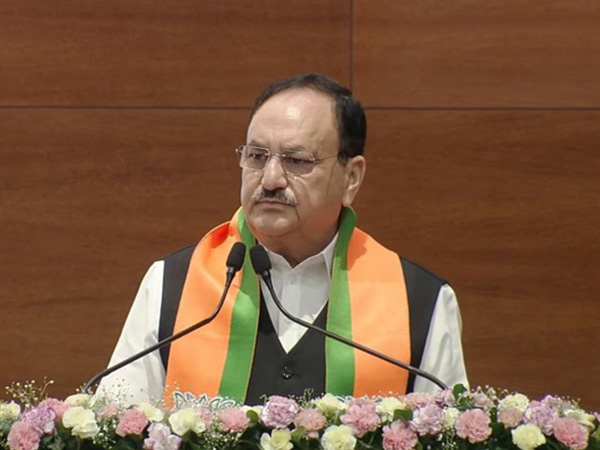India Leads: JP Nadda Steers WHO Southeast Asia Toward Healthcare Innovation
Union Health Minister JP Nadda was elected as Chairperson of the WHO Regional Committee for Southeast Asia, highlighting India's achievements in healthcare. Delegates from the region gathered in New Delhi to discuss universal healthcare access, digital health advancements, and the integration of traditional medicine amidst modern challenges.

- Country:
- India
Union Health Minister JP Nadda has been appointed as the Chairperson of the 77th session of the WHO Southeast Asia Regional Committee, marking a pivotal moment for healthcare initiatives in the region. Nadda, in his opening speech, emphasized the strides taken by the Indian government towards universal healthcare access.
The inaugural session, attended by prominent dignitaries from Southeast Asia, witnessed the election of office bearers and the establishment of key procedural groups. Among the attendees were Razia Pendse from WHO Headquarters, and health ministers from Bhutan and the Maldives.
Highlighting India's healthcare achievements, Nadda unveiled the world's largest publicly funded health scheme, Ayushman Bharat, benefiting over 120 million families. He also emphasized India's leadership in digital healthcare, sharing plans to extend its digital public infrastructure globally. The initiative reflects India's blend of modern and traditional medical practices, recognized by WHO's new Global Centre for Traditional Medicine in India.
The session's dialogue centers on global challenges, with a call to employ both historical wisdom and contemporary tools. Discussions aim to craft solutions fostering equitable health access across member states.
(With inputs from agencies.)










